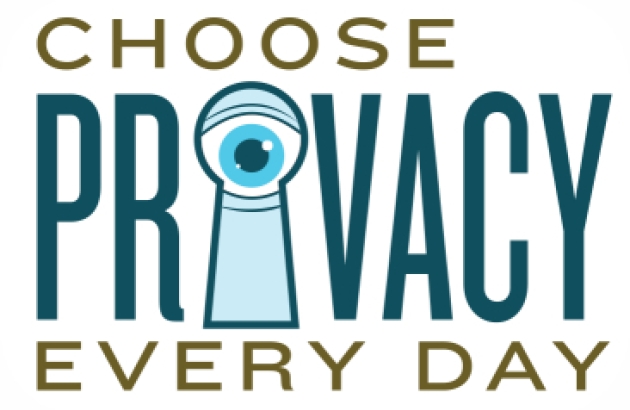Blog
Choose Privacy Every Day: Tools for User Privacy
Online privacy is an everyday concern, and its importance may be particularly heightened for those of us working from our home computers and devices during the pandemic. Choose Privacy Every Day, a website of the American Library Association, highlights some practical ways to protect your online privacy and security, in addition to any safety protocols and safeguards implemented by your firm or institution.
While the website for Choose Privacy Everyday (formerly celebrated as Choose Privacy Week) is geared towards an audience of librarians and library workers, its Resources page offers a great list of Tools to Protect User Privacy that anyone can use to better control their online data and information. This curated list includes a handful of browser extensions, a couple of alternative search engines, and interactive guides that offer personalized tips for enhancing your online security, among other tools.
Each of the tools listed can be helpful resources. I experimented with a few of them to get an idea of some of the ways I could improve my online privacy. I found the Security Planner by the Citizen Lab, for example, to be an easy, straightforward way to obtain personalized online safety recommendations. After answering a few point-and-click questions to identify what I wanted help with, the planner listed several actionable suggestions and identified my “top priority” for online safety, each of which I could click on for more information.
I also installed the Electronic Frontier Foundation’s (EFF) Privacy Badger, one of the listed browser extensions, in my Google Chrome browser. Privacy Badger “stops advertisers and other third-party trackers from secretly tracking where you go” across multiple sites on the web, and it blocks such parties from loading more content in your browser. Because Privacy Badger learns automatically as you browse, it can discover new trackers that ad-blockers may not catch. I use it in conjunction with Adblock Plus, which, according to the EFF, “does not block invisible trackers by default.”
In my experience, Privacy Badger has worked seamlessly behind the scenes. If needed, I can quickly access the Privacy Badger menu to learn about or adjust settings for each domain by clicking the badger icon embedded in the browser. To learn more about how Privacy Badger works, how it differs from ad-blockers, its compatibility with extensions and browsers, and more, read the tools’s FAQs.
These are just two of the many Tools to Protect User Privacy highlighted by Choose Privacy Every Day. Check out the full list for more information about these and other resources you can use to safeguard your online information.



